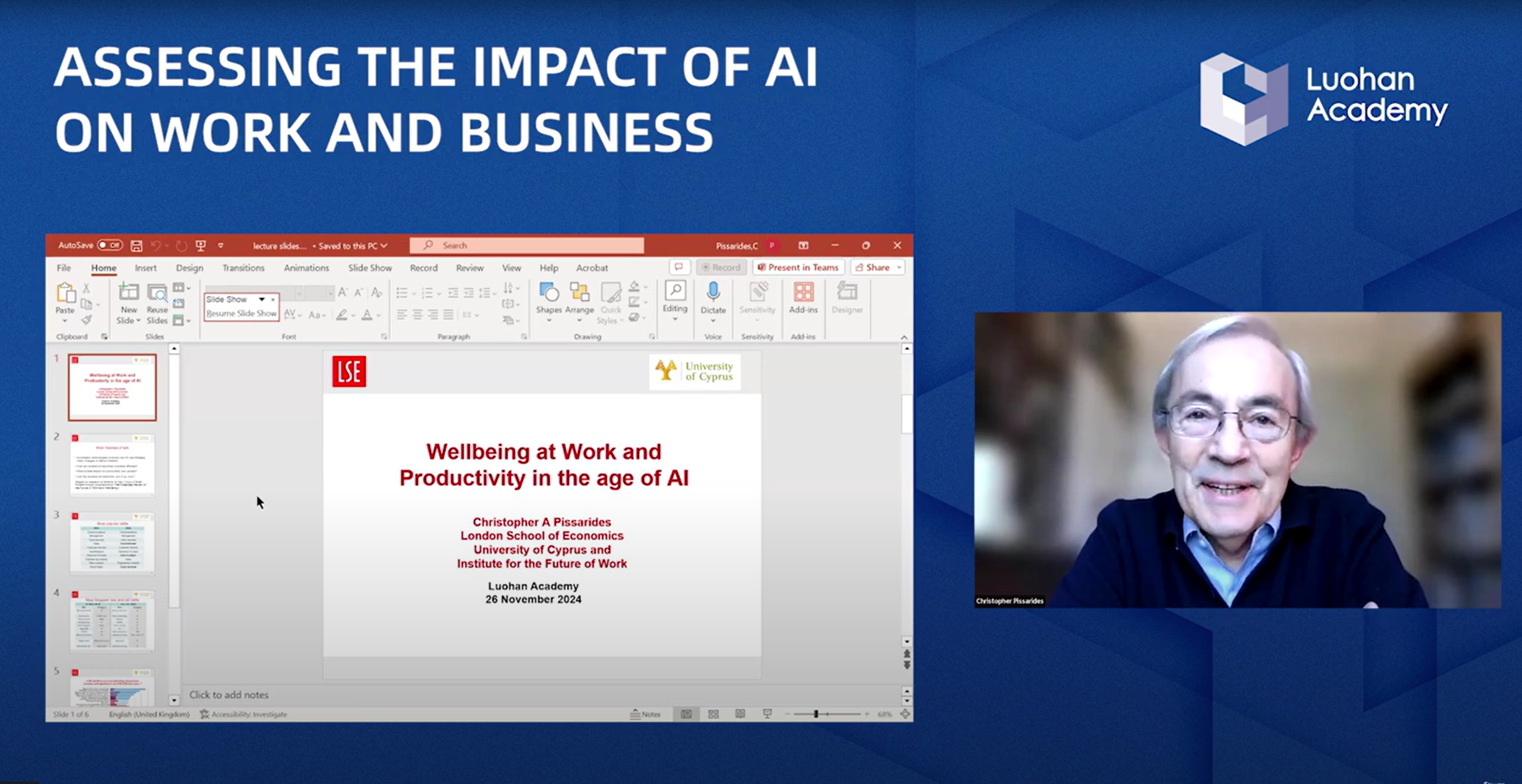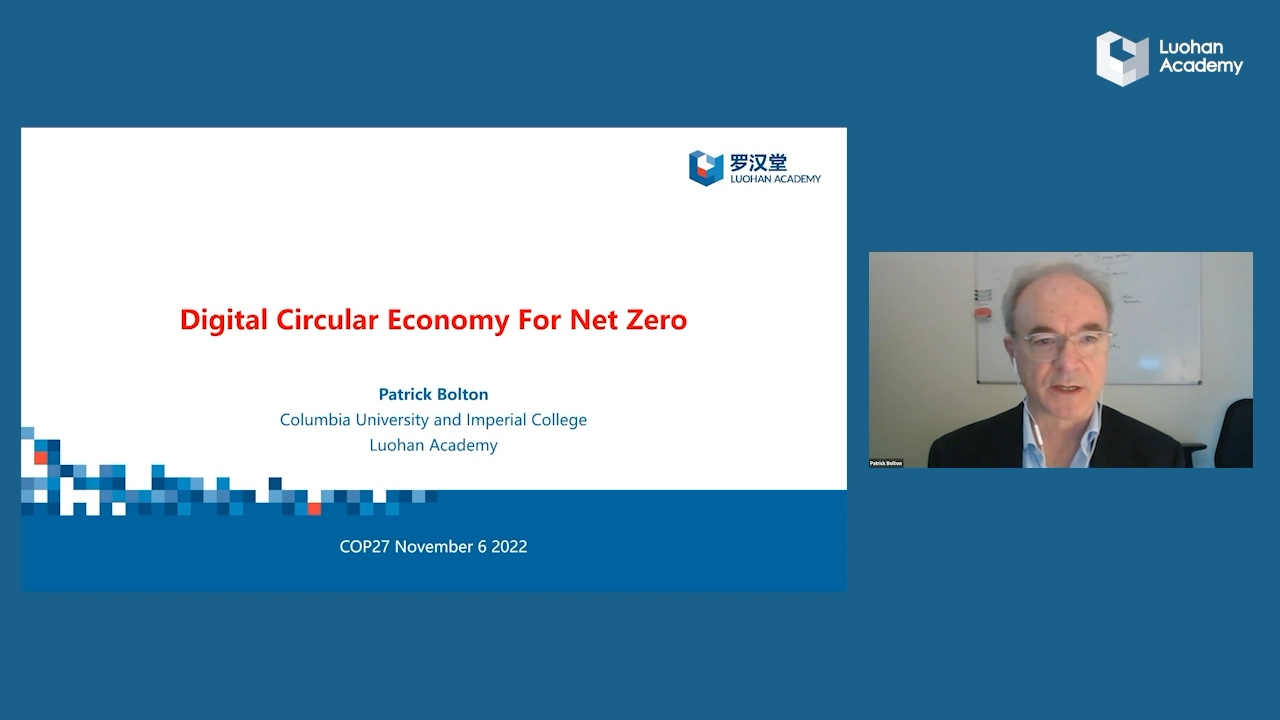When the economy shifted from agrarian to industrial, economists focused on capital accumulation and removed land from production functions. As we move from an industrial to a knowledge economy, the nature of inputs is yet again changing.
In the information age, production increasingly revolves around data and, specifically, big data. Many firms are valued primarily for the data they have accumulated.
"A Growth Model of the Data Economy", a paper from economists Maryam Farboodi and Laura Veldkamp, deconstructs classic growth models-based on data accumulation, in which data have two key features first, data is a by-product of economic activities, i.e., producing and selling generates data about the volume of sales, the means of payment, and characteristics of buyers. And second, data enhances firm productivity by reducing uncertainty in economic activities.
Its surprising thesis points out that while the transition to information-based accumulation does differ from traditional growth models,









